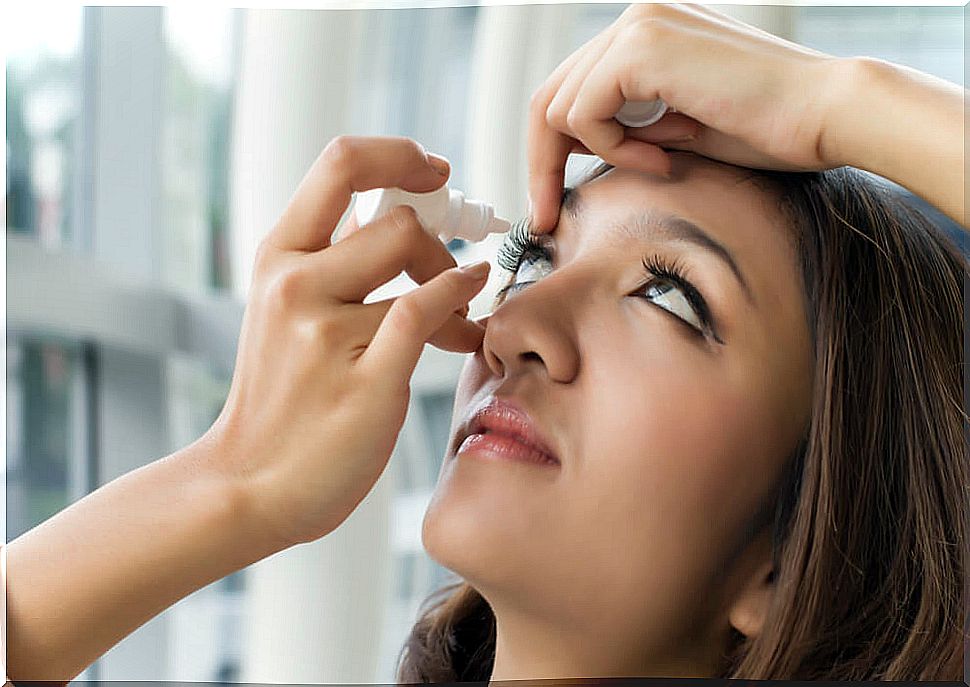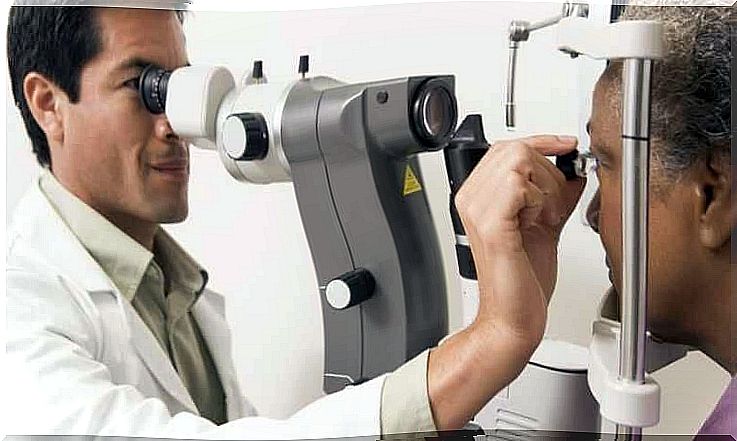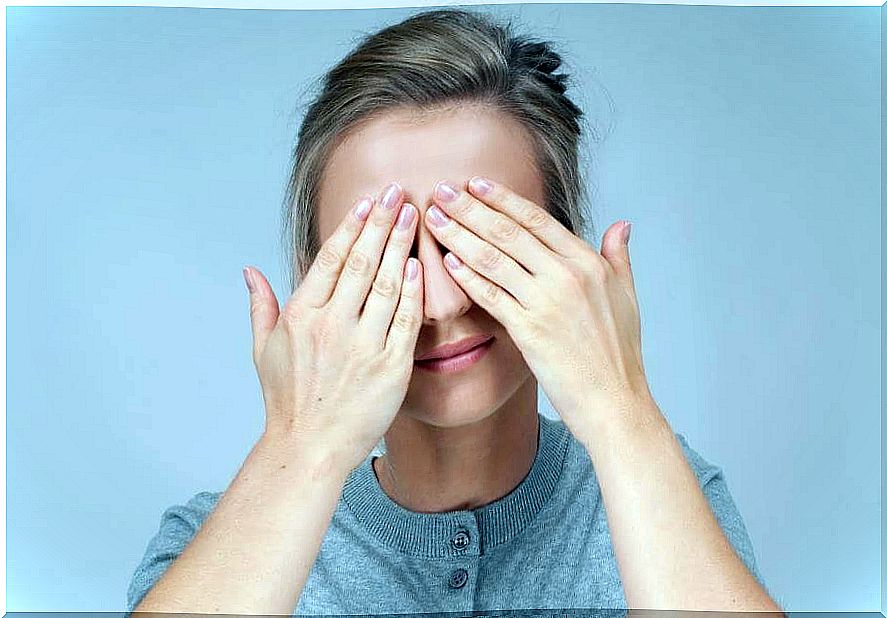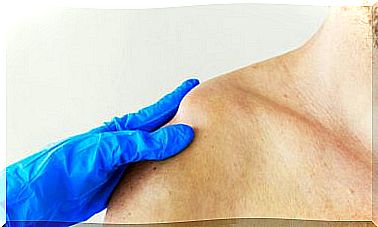7 Basic Care For Eye Hygiene
Eye hygiene habits are simple measures that can be incorporated into the routine to prevent visual stress and some diseases.

Continuous exposure to electronic devices, toxins, and many other environmental particles negatively affect visual health. Although there are other related factors, poor eye hygiene can be the reason why diseases develop.
Since the symptoms of these problems do not appear strongly in their initial stages, it is difficult to obtain an early diagnosis. In fact, most of the time they are detected when they are at an advanced or irreversible level. What are the measures to avoid visual impairment?
Although some people overlook it, there are many treatments that can be incorporated into the routine to protect the eyes. The most important thing is to start applying them on a recurring basis.
Eye hygiene care that everyone should apply
Visual health can be affected by the aging process, infections, injuries, or medical problems such as diabetes. Likewise, it can develop certain abnormalities due to genetic alterations or nutritional deficiencies. How to protect it against these factors?
Although there are pathologies whose causes cannot be controlled, it is good to know those eye hygiene habits that minimize risks. Below we review the most important ones in detail so that you do not hesitate to put them into practice from now on.
1. Do a complete visual exam

One of the main measures to protect eye health is to request a comprehensive dilated visual exam. Sometimes people are sure of having good visual health, ignoring small symptoms that alert the initial stages of a disease.
The only way to achieve a timely diagnosis of an abnormality is with this type of test. Therefore, even if it seems that everything is in good condition, the ideal is to request regular reviews, at least once a year.
2. Wash your hands constantly
Something as simple and basic as washing your hands several times a day (especially before and after eating and going to the bathroom) can help protect your eyes from many diseases.
It should be noted that the hands are in contact with many surfaces full of bacteria ; hence, they can be the avenue for infections and visual discomfort.
3. Follow a healthy diet
Nutrition and eye hygiene go hand in hand. A balanced diet that contains vitamin A and antioxidants can minimize eye deterioration. It is also recommended that the diet contains omega 3 fatty acids, vitamin E and minerals.
The proper assimilation of all these nutrients reduces the risk of cataracts, macular degeneration and other conditions. In addition, it helps alleviate the symptoms of visual stress and creates a barrier against the impact of the sun’s rays.
4. Maintain a healthy weight
What does body weight have to do with visual health? A lot of! Although at first glance it seems that they are not related, the problems of overweight and obesity increase the risk of ocular deterioration. Both conditions can cause diabetes, vision loss, or glaucoma.
5. Avoid cigarettes

The toxins in tobacco don’t just damage lung health. In fact, in the medium and long term they are responsible for damage to the optic nerve, the appearance of cataracts and macular degeneration.
It is essential to give up the habit of smoking and avoid its smoke at all costs.
6. Wear sunglasses
Wearing sunglasses is not a simple fashion, it is a necessity. They serve to provide a protective barrier against the impact of the sun’s ultraviolet rays.
7. Let the eyes rest

People who spend too much time in front of the computer, tablet, mobile or any device should take some rest measures. Fixing your eyes on the same point for a long time triggers dryness and visual stress.
- It is best to try to do some relaxation exercise every 20 minutes. This involves taking a couple of minutes off the screens and blinking in different directions to relax your vision.
- Also, display lights and general workplace lighting should be regulated.
Still not paying attention to the health of your eyes? As you can see, it is very important to follow some care. Although not everyone has sensitivities or problems that indicate impaired vision, it is essential to follow these recommendations to avoid future complications.









